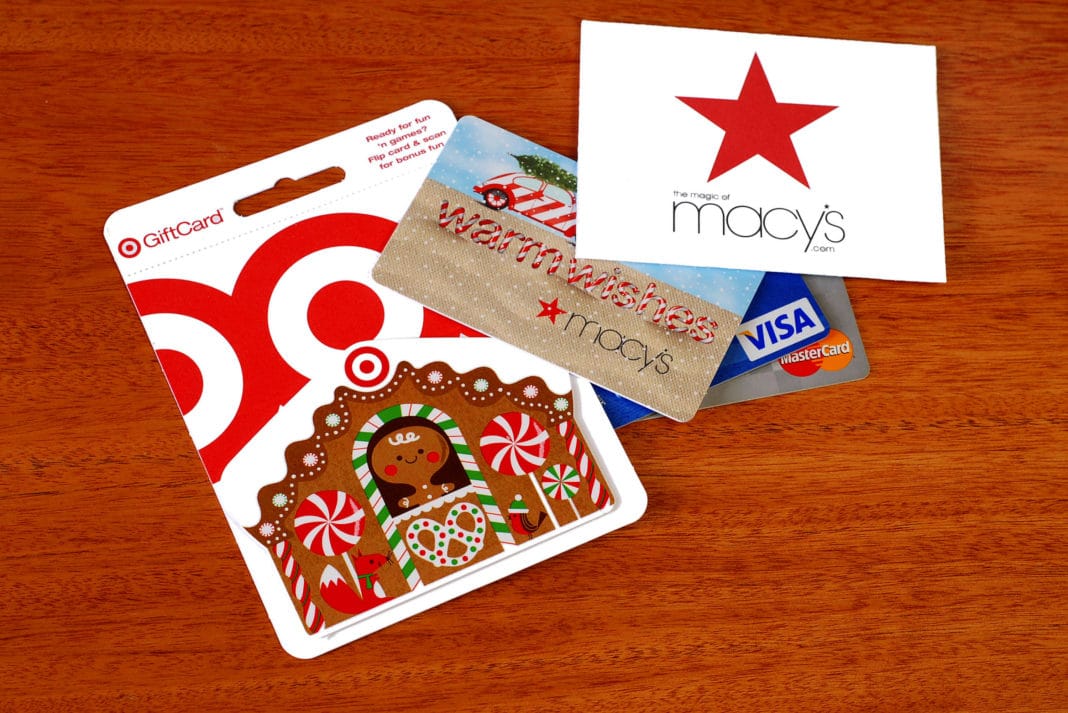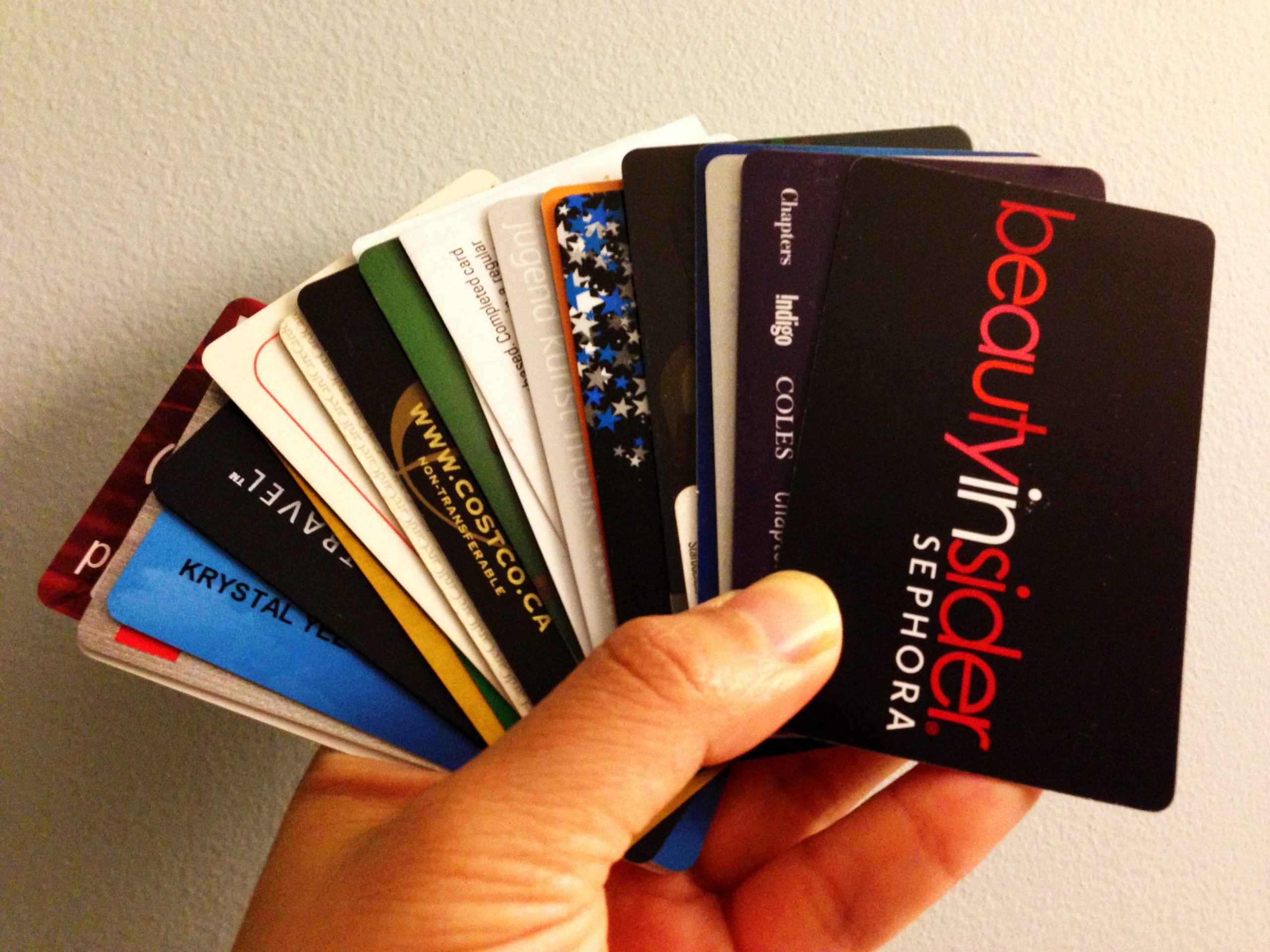You have probably been given an application for a supermarket credit card at the checkout counter if you went shopping on a regular day.
Retailers also offer significant incentives to employees to push credit cards toward their customers. And with substantial discounts promised, the incentives provided to customers can sound lucrative.
Store credit cards, however, can be hazardous. Here are the greatest dangers of signing up for store credit cards.

What Is a Store Credit Card?
A store credit card is a credit card that only operates with one retailer or a group of retailers. Store credit cards are known for having $0 annual fees and being open to individuals with 640+ credit scores, making them perfect for low-cost credit construction.
If you’re a regular shopper, then you probably can’t even count the number of times you were offered a store credit card when checking out. Sometimes it’s an enticing bid. Some stores promise gift cards, even enough to cover the entire order and then some, or a hefty discount just to sign up for their credit card right there on the spot.
But without taking the time to read the fine print, and weigh the effect a credit product might have on your finances, it’s not a good idea to sign up for a new credit card in the moment.
Here are some of the most widespread hazards of store credit cards.
Rewards-Earning Power Is Limited
Part of a store credit card’s attraction is that it typically allows consumers to save money in the future, whether by exclusive discounts or a loyalty point scheme.
However, though you may be compensated for shopping at that particular store, you may not win incentives anywhere else. This is the stark difference between store credit cards and traditional bank-issued credit cards, such as travel and cashback cards.
For example, with the American Express Blue Cash Preferred® Card, you can receive 6 percent cash back at grocery stores, 6 percent cash back on some US streaming subscriptions, 3 percent cash back on gas and transit purchases, and 1 percent cash back on all other purchases.
Without being limited to a particular store or spending group, this is a vast selection of ways to win big rewards.
High Interest Rates
The more you spend, the harder each month will be to pay off your balance in full. Unfortunately, it is also much more costly to carry a balance on a retail card than to carry a balance on a regular credit card since store cards usually charge higher interest rates.
According to the Federal Reserve, the national average interest rate for credit cards in 2022 was 16.26%. But it’s normal to see prices in the 20% to 30% range and higher for retail cards.
Because of the usually high-interest rates, when you hold a balance, store cards can be harder to pay off and take longer to pay off, accruing more and more interest over time. This makes them riskier than regular credit cards.
But by paying off your balance on time and in full every month, you can avoid paying interest. This prevents you from holding a balance over to another month and paying interest and can help you stay within your budget.
No Shopping Protection
Although store credit cards are designed for shopping, they still do not measure up to other cards when it comes to shopping security.
For example, issuers such as Capital One, Chase, and American Express provide consumers with substantial advantages. This includes price insurance that you can use to get reimbursed for the difference if an item’s price decreases after you purchase it.
Unlike store cards, these types of credit cards can also offer extended warranty protection that extends the warranty period on those items you buy and purchase protection that can protect you if you recently bought an item and it is damaged or stolen.

Conclusion
Store credit cards can help you build credit or get discounts at your favorite retailers, but they come with risks.
These cards need to be used with caution, as retailers will encourage you to spend more than you intended and enforce high-interest charges whenever possible. Understanding these risks will help you develop a strategy for using store credit cards, or can help you avoid them altogether.
